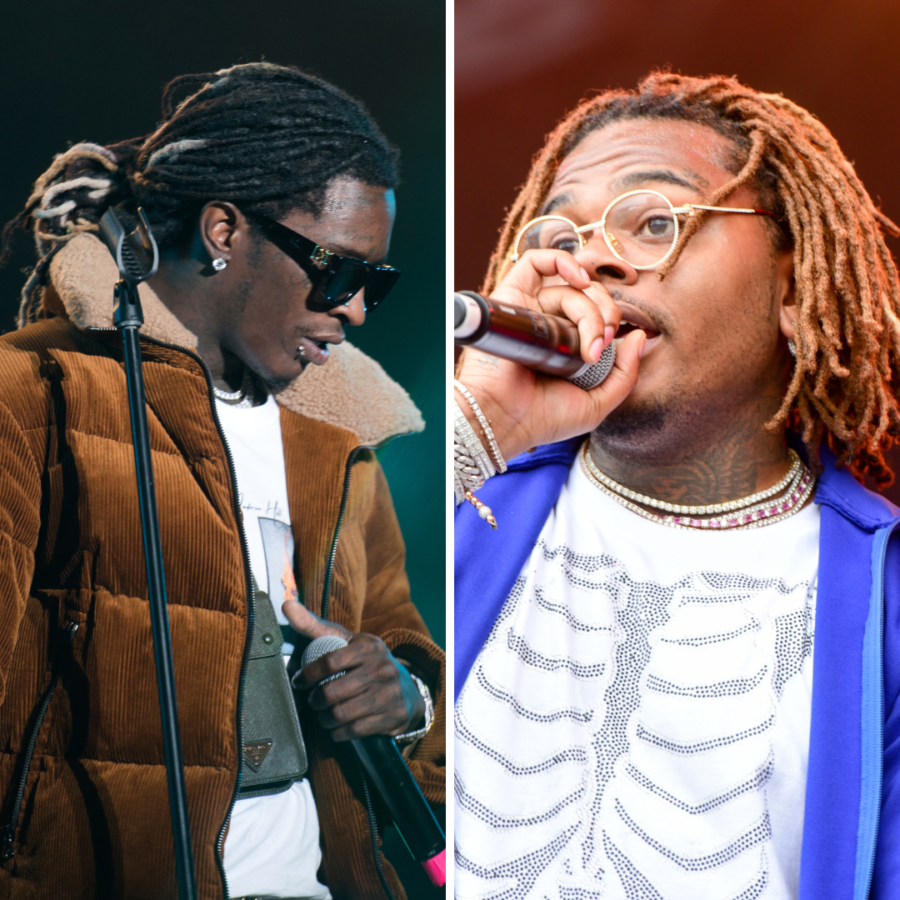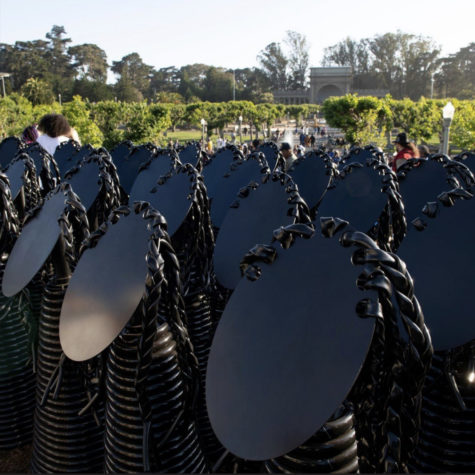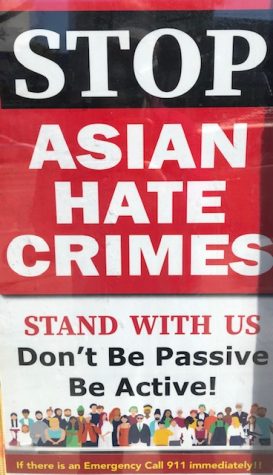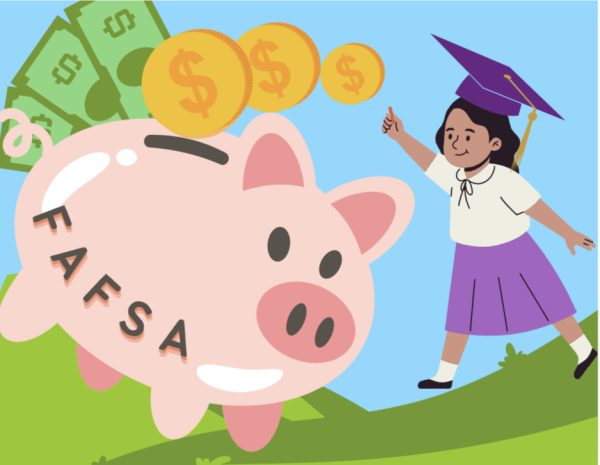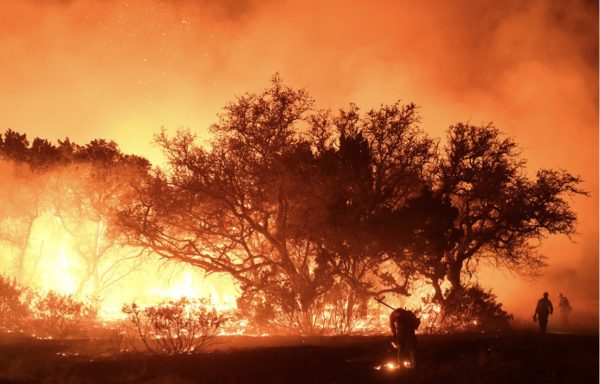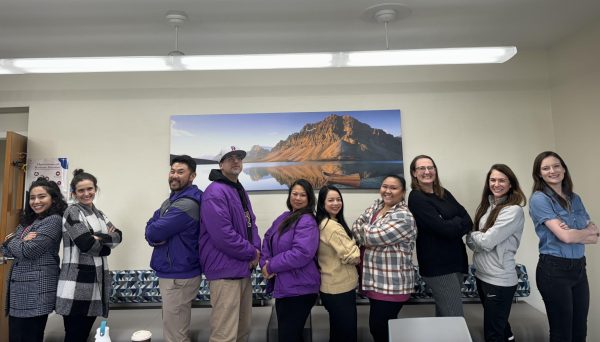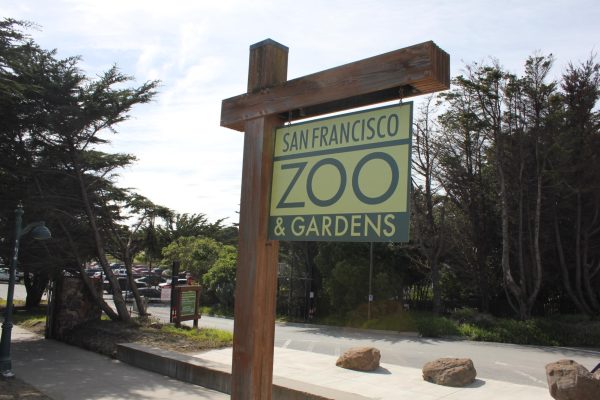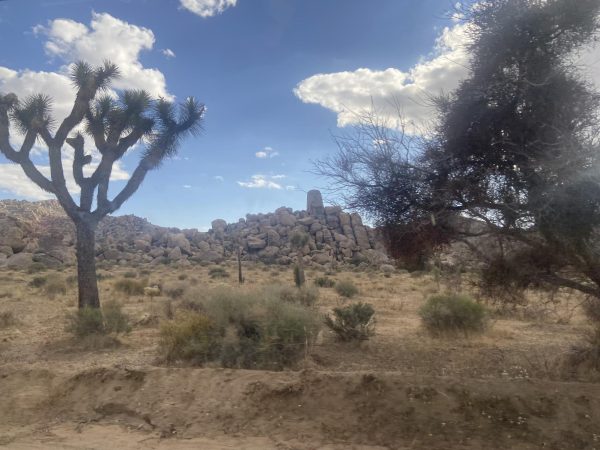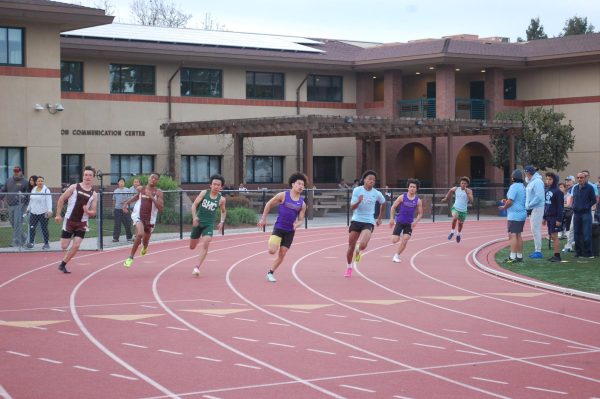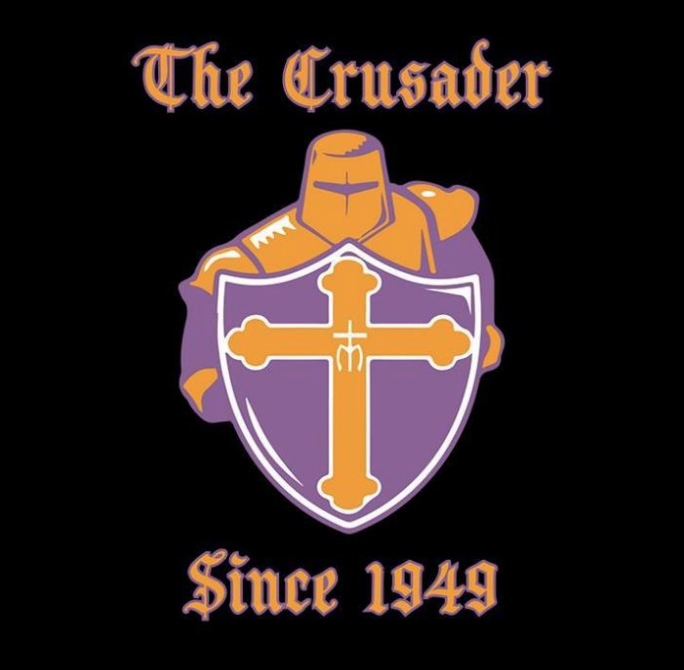CA law: Can’t do time for making rhymes
California Senate limits the use of rap lyrics as evidence
Images by Wikimedia Commons. Graphic by Joseph Zuloaga '23
Rappers Young Thug and Gunna’s lyrics were used as evidence in court.
November 16, 2022
Recently, the California Senate passed a bill that limited the use of rap lyrics as evidence in court. It’s the first time a bill like this has ever been created in the country.
The bill would require a judge to see if rap lyrics could be used as evidence and whether it could be connected to a crime. The legislation plans to “ensure that the accused person’s creative expression will not be used to introduce stereotypes or activate bias against the defendant, nor as character or propensity evidence,” according to ABC News.
Rap started in the early 1970s. It has become one of the most popular genres in the US since 2017, topping Billboard charts. It is known as “one of the most distinctive features of hip hop.” Rappers often use rhythm, vocal tone, and most importantly, their lyrics to express themselves in their music.
Fatima Shaikh ’24 said, “I like rap because it’s a different and unique way to deliver a message to an audience. To me personally, it can change your mood, and for me, it changes positively most of the time.”
Since the ’90s, several rappers have had their song lyrics used as evidence against them in court, as prosecutors have used rap lyrics against artists to build their cases. The rappers say that their songs have nothing to do with their case, are not true to real life and do not represent what they really think. Nevertheless, their lyrics are used to form a negative image of them to the jury.
As a creative writer and an artist, I have to say this: if an artist creates a fictionalized character for the sake of a story or a song, that creative fiction should not be used as evidence in a court of law against the artist.
— Bob Harrington, social science teacher
Additional data found that when juries believe lyrics are from rap songs, they tend to assume they are a confession, versus lyrics from other genres that are believed to be art.
The indictment of Grammy-winning rappers Young Thug and Gunna is what helped start this bill. They were both arrested for allegedly participating in street gang activity and violating RICO law. Both entered not guilty pleas. Gunna’s lawyers stated that his music is not part of a criminal conspiracy, as the indictment wrongly portrays. One line heavily cited in the indictment is from the rapper’s song “Slatty,” in which Young Thug raps about violence in one of the verses.
Both rappers were denied release and will stay in Fulton County Jail until their January 2023 trials.
Prosecutors want to continue using rappers’ songs in court, claiming that the rapper’s lyrics are “preserving, protecting, and enhancing the reputation, power, and territory of the enterprise.” More than 40,000 people have signed a Change.org petition urging prosecutors not to punish rap lyrics and to defend Black art.
History teacher Bob Harrington said, “As a creative writer and an artist, I have to say this: if an artist creates a fictionalized character for the sake of a story or a song, that creative fiction should not be used as evidence in a court of law against the artist.”
He continued, “If such a legal precedent were to be set, it would threaten the creative and innovative spirit that made America so special in the history of humanity.”


